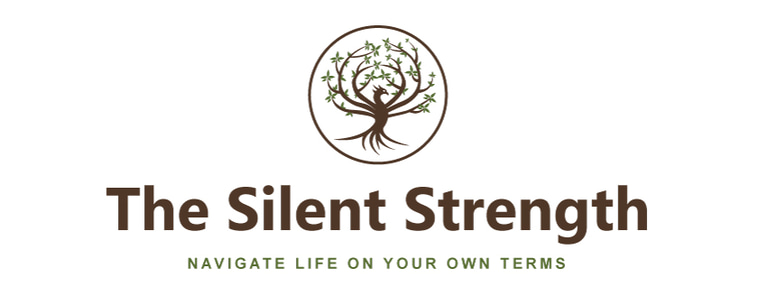Beyond the Mask: A Psychological Reflection on Leadership in the Real World
7/21/2025
Leadership. A word often romanticized in books and TED Talks, filled with elegant theories and frameworks. But real leadership, the kind I’ve witnessed over decades of conversations, observations, and interactions with leaders from every walk of life, is rarely so tidy. From presidents of local social clubs or political party chapter heads to high-profile political figures or CEOs of multimillion-dollar companies, I've learned one truth: leadership is not always what it seems.
Beneath the titles and speeches lies something deeper: the psychological blueprint of the person behind the persona.
Carl Jung once said, "The persona is that which in reality one is not, but which oneself, as well as others, thinks one is." In other words, many people wear a mask not just to hide from the world, but to survive within it. In leadership, this mask becomes a performance, one that can either elevate or deceive.
Too often, we see leaders who tailor their message based on who is listening. They masterfully say just the right thing to win approval, but behind closed doors, they manipulate, betray, and divide. These are the chameleons of leadership, changing colors for self-preservation. They thrive not on vision, but on strategy, on what Niccolo Machiavelli called, "the end justifies the means".
But I’ve seen what happens when leaders follow this creed. They lose their soul. Their relationships are shallow. Their alliances are temporary. And when the mask slips, they stand alone.
Leadership built on deception is leadership built on sand.
Contrast this with what Stephen Covey called “character ethics”, a foundation of integrity, humility, and service. Or Daniel Goleman’s emotional intelligence framework, which highlights self-awareness and empathy as non-negotiable elements of lasting leadership. True leaders are not afraid of truth-tellers. In fact, they welcome them. Because those who speak with unfiltered honesty aren’t a threat, they’re a mirror. And only insecure leaders fear reflection.
I’ve seen too many so-called "powerful" figures hide behind intimidation, using ridicule, exclusion, or reputation-smearing as tools to protect their fragile egos. They think authority is a license to humiliate. They mistake silence for submission.
But real power is never loud. Real leadership isn’t afraid of dissent; it learns from it. It isn’t about control, it’s about influence. As John Maxwell famously put it, "Leadership is influence, nothing more, nothing less."
There’s also a dangerous pattern I’ve noticed: leaders who judge people based on hearsay. They lack the courage to speak directly to the individual in question. Instead, they let rumors shape their opinions and decisions. That isn’t leadership. That’s cowardice.
Aristotle taught that virtue lies in action. To lead well is to act with justice, not assumption. With character, not convenience.
Because at the end of the day, leadership is not about who claps for you in public. It’s about who trusts and respects you in private.
